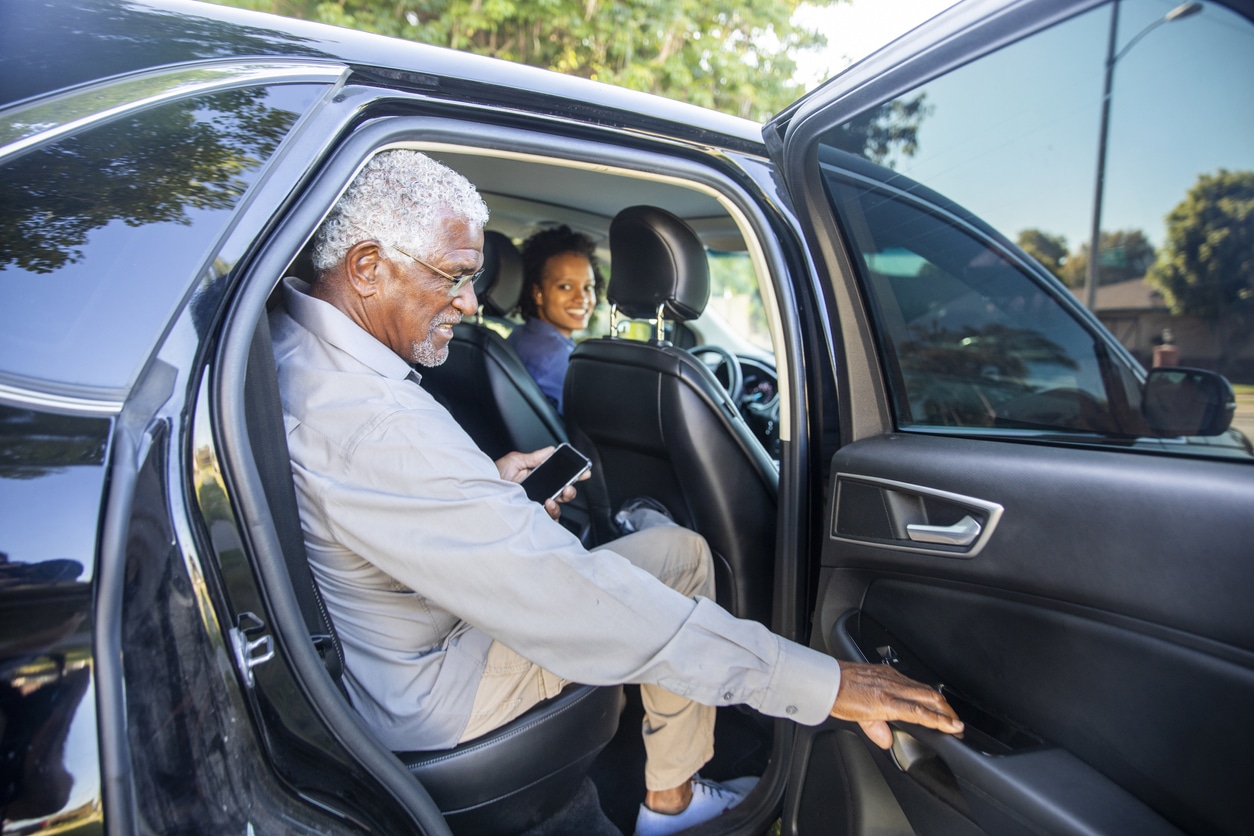As our loved ones grow older, it’s natural to become concerned about their safety on the road. Aging brings about various changes in both our bodies and minds, which can affect driving capabilities and raise worries for families.
Addressing the topic of driving with an older family member is often challenging. For many, driving represents a crucial aspect of independence, making them hesitant to relinquish it voluntarily.
Considerations for Aging Drivers
Changes in Vision
One significant aspect affected by aging is eyesight. Conditions like glaucoma, cataracts, and general decline in visual acuity can impair a person’s ability to drive safely. Poor vision might lead to difficulty in discerning traffic lights, pedestrians, or other vehicles, particularly in low-light conditions.
Regular eye examinations are essential, and precautions such as avoiding driving at dusk or night can help mitigate risks. Additionally, using cushions for better visibility and ensuring they can reach the pedals comfortably can enhance safety.
Hearing Impairment
While not as critical as eyesight, hearing loss is also common with age and can impact driving awareness. Difficulty hearing sirens, horns, or noises from their own vehicle can pose dangers on the road.
Regular hearing tests and appropriate interventions like hearing aids are vital. Minimizing in-car distractions such as loud music or conversations can aid concentration, especially for drivers with hearing impairments.
Reduced Reaction Time
Aging often leads to slower reaction times, making quick responses to driving situations challenging. Physical limitations or discomfort can further impede a driver’s ability to maneuver safely.
Maintaining strength and agility through regular exercise is crucial. Panic-induced errors like pressing the wrong pedal can have serious consequences, emphasizing the importance of maintaining physical capabilities.
Medication and Mental Health
Certain medications prescribed to older adults can affect vision, hearing, and cognitive functions necessary for safe driving. Understanding medication side effects and interactions is essential for assessing driving ability.
Moreover, mental health issues such as depression or dementia can impair attention and decision-making on the road. Regular monitoring and support are necessary to ensure mental well-being and driving safety.
Physical Limitations
Conditions like arthritis can cause stiffness and discomfort, affecting the ability to handle the vehicle effectively. Numbness or reduced sensation in extremities can also compromise control.
Regular vehicle maintenance is crucial, as older drivers may overlook issues due to forgetfulness or sensory impairments. Neglecting maintenance can escalate minor issues into major safety hazards.
Embracing Technology and Safety Measures
Advancements in technology offer innovative solutions to support aging drivers and enhance their safety on the road. Innovations, such as GPS navigation systems with voice commands and collision avoidance systems, can further enhance driving safety and mitigate potential risks associated with aging. Embracing these technological advancements empowers older adults to maintain their independence while prioritizing their safety on the road.
Additionally, for added peace of mind, consider investing in a medical alert system for older drivers. These systems provide immediate access to assistance in case of emergencies, offering reassurance to both drivers and their families.
Navigating Aging and Driving with Care
Understanding how aging affects driving abilities is crucial for ensuring the safety of elderly drivers and others on the road. By addressing potential challenges and implementing appropriate measures, we can support older adults in maintaining their independence while prioritizing road safety. Taking proactive steps, such as regular health check-ups, adapting driving habits, and exploring alternative transportation options when necessary, can help seniors navigate the roads safely and confidently as they age.




